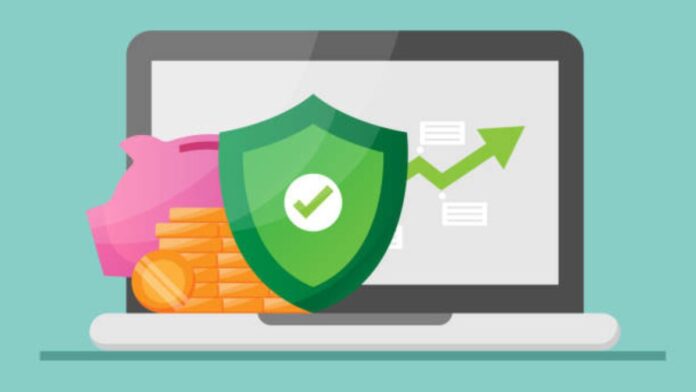Cybercrime affects organizations of any size – from multinationals to government agencies, including small businesses in any segment. The big problem is that these smaller companies often do not adopt more effective prevention measures, which makes them more vulnerable to attacks. For them, the investment is not always simple.
A study by Karpersky showed that the security commitment for companies of this size is of the order of US$ 108,000, which in most cases is a barrier. In addition, today this organizational profile represents an important part of the economy: according to a study by Sebrae and FGV , small businesses account for 30% of the national GDP.
Security flaws affect the entire SME relationship chain
With an eye on gaps in the sector, cybercriminals are interested in the most diverse types of information, from customer and employee data to commercial and banking transaction records. One of the most frequent crimes is ransomware (data hijacking).
However, most small companies do business with larger organizations and any incident can have effects throughout the chain, reaching customers, suppliers and partners. Therefore, all care is little.
Data Protection
In addition to the loss of their own data, virtually all companies that qualify as SMEs deal with sensitive data, which also carries the risk of assessments by the National Data Protection Authority (ANPD). Fines for breaching the General Personal Data Protection Law (LGPD) , which began to be applied in August 2021, are heavy and could compromise the company’s performance – not to mention that they represent damage to its reputation.
However, complying with the legislation generates financial, human resource and time management impacts. Faced with the difficulties, the ANPD has put a draft resolution in public consultation that may bring some relief to small companies, exempting them from the obligation to have a data controller. However, it is important to highlight that this does not change their responsibilities in relation to the topic.
How to create a data protection culture?
Digital transformation is a path of no return, which requires training and collaboration from the professionals involved. Of course, technology is paramount, but without training teams, it is not possible to create a culture of information protection. Thus, some tips, guided by the lawyers of the Peck Advogados law firm, Camila Nascimento and Patrícia Peck (who is a member of the National Council for Data Protection) are:
- promote actions that increase employee awareness of potential cyber risks;
- update software regularly and use only licensed ones;
- use caution when accessing company data with personal devices such as smartphones, tablets or laptops;
- do not use public Wi-Fi networks with the same device that contains personal or company data;
- change passwords frequently;
- guide employees to avoid accessing certain sites with the same device on which they access corporate networks;
- cloud contents deserve the same care. Getting started with a VPN is good practice.
4 reasons for your company to invest in cybersecurity
1) Attack prevention
Obviously, the main reason for a company to invest in cybersecurity is to increase the prevention and protection of digital attacks.
When we talk about cybercrime, we are referring to security breaches, such as stealing confidential information and other threats.
When a company adopts cybersecurity resources, it is possible to minimize the risks of intrusions and avoid potential losses.
2) Data security
When your company is unprotected, it can suffer attacks that result in the leakage of data and confidential information.
Organizations that invest in this type of resource increase the chances of preventing these hackers from being able to access personal data from customers or even the company itself.
Today, with the LGPD, the leak of personal and confidential data is a crime and can lead the organization to pay a very significant fine, in addition to other problems that can be caused.
3) Ensure business productivity routine
Cybersecurity ensures the functioning of your company’s digital activities. Not to mention the digital security features that are capable of preventing companies and customers’ information from being tampered with, facilitating the identification of possible errors or irregularities in the system.
4) Competitive differential
As there have been several data leaks recently, users and customers are looking for companies that convey this idea of trust and responsibility.
Therefore, one of the biggest mistakes made by companies is to consider cybersecurity as a secondary expense, since the act of investing in cybersecurity has been increasingly seen as a market differentiator.
Increase your cybersecurity even further
Now that you’ve managed to understand why investing in cybersecurity, check out some simple and routine tips that will keep you a little less vulnerable to attacks.
- do not open email attachments from unknown senders;
- avoid using connections on public Wi-Fi networks;
- use strong passwords and two-factor authentication;
- keep your operating system and applications always up to date;








